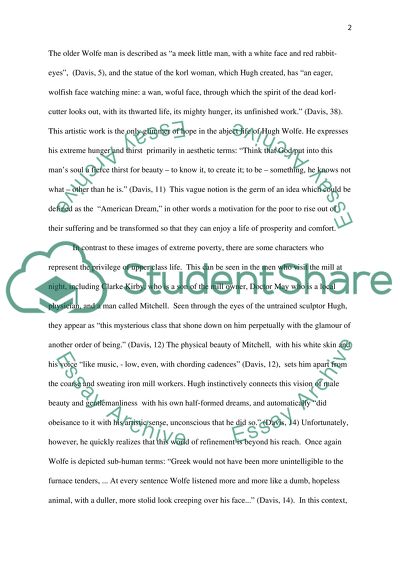Cite this document
(“English Literature: The Corruption of the American Dream Essay”, n.d.)
Retrieved from https://studentshare.org/literature/1430768-english-literature-the-corruption-of-the-american-dream
Retrieved from https://studentshare.org/literature/1430768-english-literature-the-corruption-of-the-american-dream
(English Literature: The Corruption of the American Dream Essay)
https://studentshare.org/literature/1430768-english-literature-the-corruption-of-the-american-dream.
https://studentshare.org/literature/1430768-english-literature-the-corruption-of-the-american-dream.
“English Literature: The Corruption of the American Dream Essay”, n.d. https://studentshare.org/literature/1430768-english-literature-the-corruption-of-the-american-dream.


